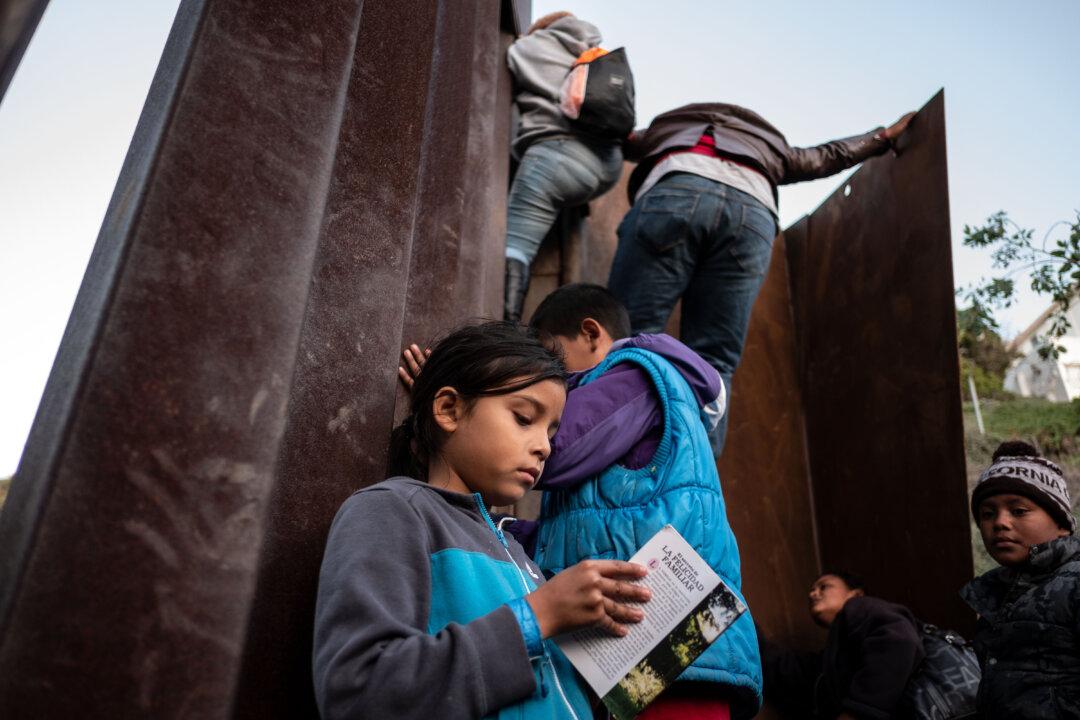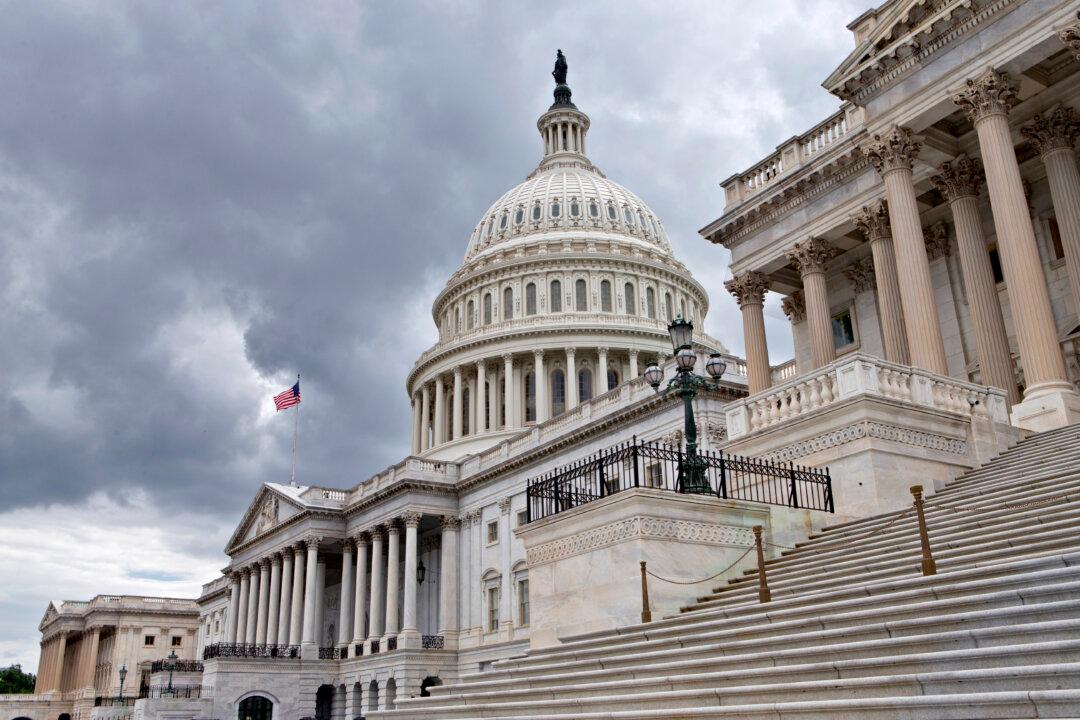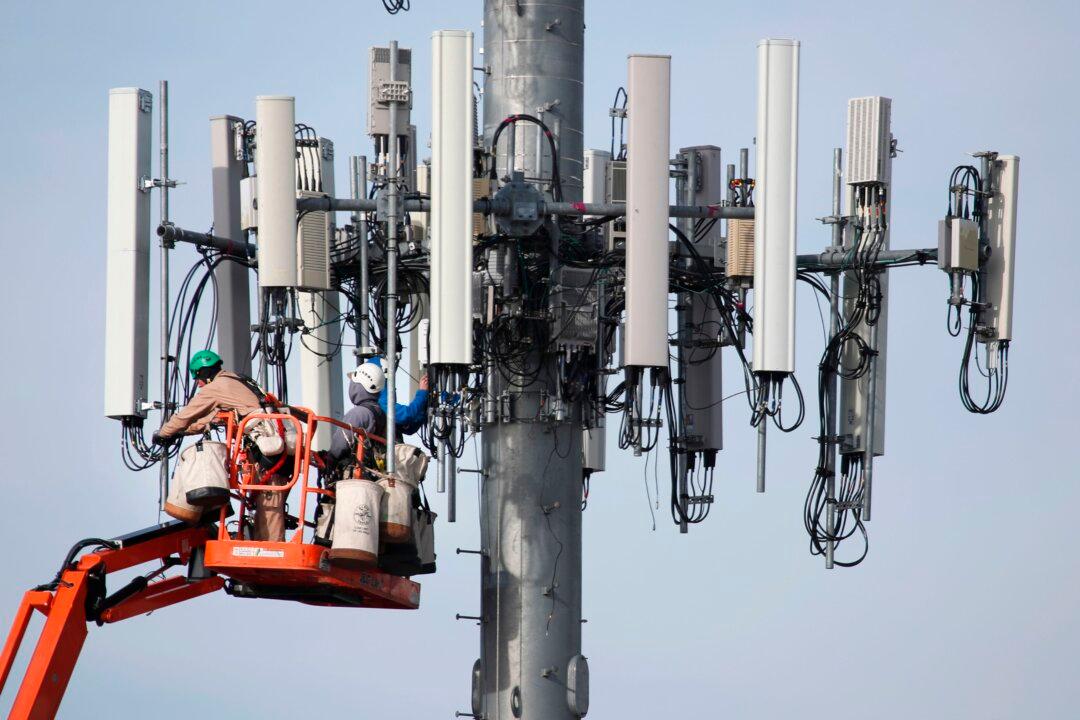Democratic leaders are staunchly united against President Donald Trump’s strategy to build a wall across our southern border. They are far less united, however, about why they oppose it.
On the one hand, Senate Minority Leader Chuck Schumer (D-N.Y.) claims that “Democrats and the president both want stronger border security,” but he argues that building a wall will be expensive and legally difficult given eminent-domain challenges, but most tellingly, he argues that it would be ineffective. We understand him to mean that, given the current circumstances and resources, the wall would be an imprudent means to achieve an agreed-upon end, namely preventing illegal immigration.





